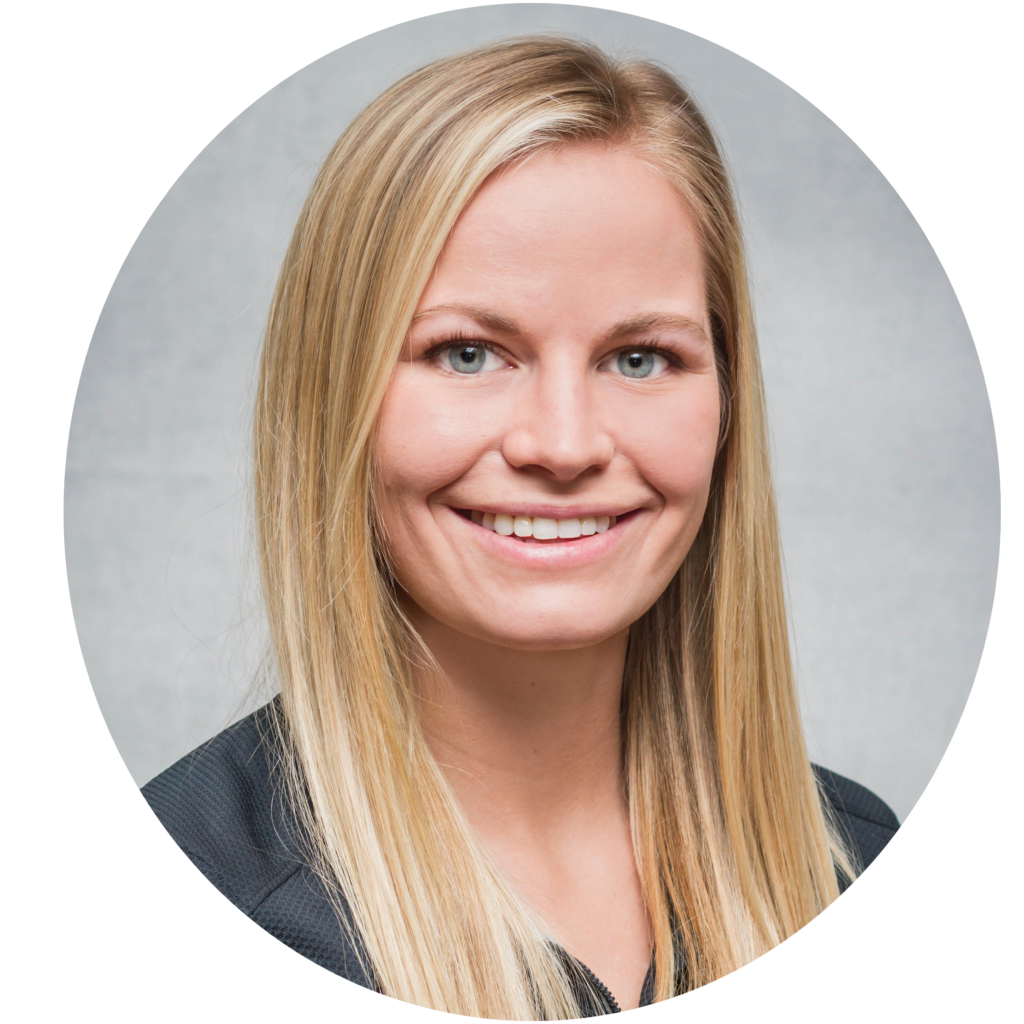What is Occupational Therapy, and How Can It Help You?

By Justine Swenson, OTR/L, CLT | Occupational Therapist
April is Occupational Therapy Month, which makes it a good time to explain what occupational therapy (OT) is and how it might help you or someone you care about.
Occupational therapy focuses on helping people regain or improve their skills to do everyday tasks. That includes getting dressed, cooking, writing, working, or hobbies. Whether someone is recovering from surgery, managing a chronic condition, or dealing with pain, OT is about making daily life easier and safer.
What I Do at JMHS
At Johnson Memorial Health Services, I work with people of all ages—from infants to older adults. A few examples:
- Kids who need help with fine motor skills, sensory processing, or development delays.
- Adults dealing with hand injuries, joint pain, or recovering from surgery.
- Seniors who’ve had a stroke, fall, or other events that make everyday tasks more difficult.
We also work with patients on adaptive equipment, energy conservation, and home safety, especially for those who want to stay independent longer.
Why It Matters in a Rural Area
In a small town like Dawson, access to local therapy services matters. You shouldn’t have to drive an hour or more to get the care you need. That’s why we’re here. You can get high-quality therapy close to home from a team that knows you.
We’re not just checking boxes but working with you to reach your goals. It might be learning to button a shirt again, feed yourself, or return to work. Those are the things that matter most.
What to Expect
We always start with an evaluation to understand your needs and goals. From there, we put together a realistic and specific plan for you. Therapy sometimes lasts a few visits; other times, it’s longer. It depends on your situation.
I work closely with our physical and speech therapy teams, so if your care needs more than just OT, we can coordinate everything under one roof.
Ready to Start?
If you think OT might help you or someone in your family, talk to your provider about a referral or call us directly at 320-312-2128.
You don’t have to “just live with it.” We’re here to help you get back to doing the things that matter.

